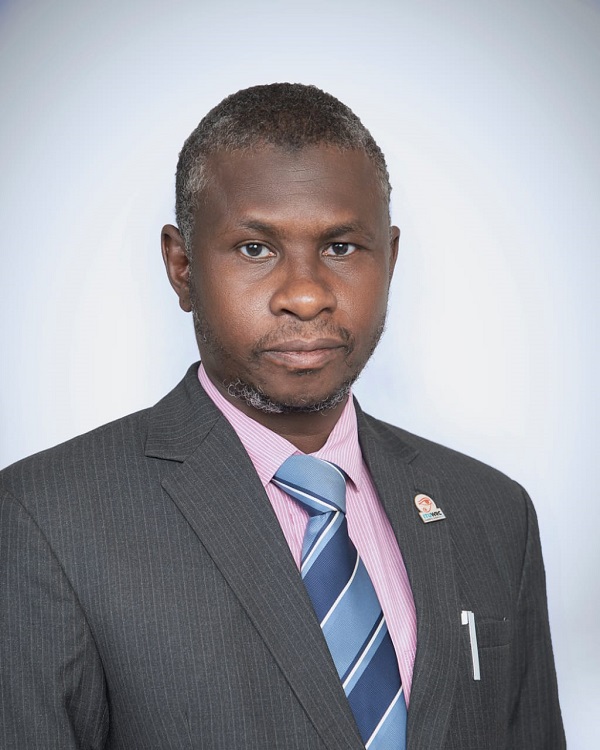
The Centre for Satellite Technology Development (CSTD) is integral to the National Space Research and Development Agency (NASRDA). Its primary mission is to be a leading centre of excellence in satellite technology development in Africa.
Since its establishment in 2001, CSTD has recorded several remarkable successes in the field of satellite technology. These successes include the fabrication and launch of four satellites, enabling Nigeria to harness satellite-derived data for various uses such as disaster management, precision farming, telemedicine, town planning, weather forecasting, navigation, environmental monitoring and national security improvement.
Under the visionary leadership of Dr. Sadiq Umar, the director of CSTD, the centre is repositioning itself as an engine of national development. The centre has prioritised community outreach to address grassroots challenges and stimulate the academic interest of the girl child in satellite systems.
Dr. Umar’s key focus is incentivising research activities that accelerate sustainable national development. Hence, the management and staff of CSTD emphasise the importance of research, innovation, and partnerships with universities and research institutions to deepen its culture of research and innovation.
Despite the paucity of funds, Dr. Umar’s leadership has been future-oriented, as CSTD has made significant strides in developing human capacity for national transformation. The centre organizes in-house training regularly to enhance indigenous competencies in various aspects of satellite engineering. Consequently, Nigeria now has advanced expertise in designing, assembling, integrating, and testing satellites.
CSTD’s in-house model of human capacity development is cost-effective, highly impactful, and transgenerational. The first elite corps of space engineers and scientists that participated in the Know-How Technology Transfer (KHTT) at Surrey Satellite Technology Limited (SSTL) and the China Great Wall Industries Corporation (CGWIC) are now trainers of younger space engineers and scientists. This model has enormous economic benefits to Nigeria, as it reduces the amount of foreign exchange spent on acquiring satellite-related knowledge in advanced nations.
Dr. Umar is optimistic that in the next 10 years, Nigeria will have excess human capacity and infrastructural capabilities for the development of satellites locally. This vision can become a reality considering CSTD’s laudable achievements in developing, launching, and operating Nigeria’s satellites. CSTD’s engineers and scientists solely designed, integrated and tested NigeriaSat-X while using the facility of SSTL. However, to replicate that techno-scientific marvel in Nigeria, they need a functional clean room.
A clean room is a capital-intensive, sophisticated environment that reduces the presence of contaminants, dust, bacteria, and other particles that can have negative impacts on the efficient performance, durability, and reliability of satellites. These controlled environments are crucial because of the extreme complexity and sensitivity of the various electronic systems of satellites. A tiny particle of dust, hair, or any contaminant can disrupt their operations, leading to mission failure. CSTD needs a clean room for testing and quality control of electronic components and sensitive mechanical parts of satellites to ensure regulatory compliance.
Developing a clean room is capital-intensive. It requires adequate funding. How to enhance the budget of CSTD so that it can design, integrate and test satellites in Nigeria is one of the concerns of Dr Sadiq. However, being an incurable optimist, he believes the challenge is surmountable. Hence, he seizes every opportunity he has to educate policymakers, lawmakers and economic planners on the centrality of satellite technology development to Nigeria’s aspiration to become a knowledge economy. His commitment to engaging all stakeholders in the satellite sector for Nigeria’s sustainable development is salutary.
Many industry watchers are confident that CSTD will overcome the hurdle of poor funding. For nothing is impossible anywhere there is visionary leadership. History teaches that stakeholders can transcend the most formidable barriers when they are inspired by the belief and behaviour of leaders.
Dr. Umar’s leadership philosophy that entails transparency, accountability, inclusivity and a certain can-do buoyance of faith has renewed the interest of many professionals in satellite technology for inclusive economic prosperity and national security.
Omozuwa is a former head of the CSTD media department. He can be reached on aceomuzuwa@gmail.com.

